A force transducer measures the applied force from the proportional deformation of a spring element and converts it into transmitted output signals sent to indicators, controllers, data acquisition systems and computer systems. As a general force measurement rule, the greater the amount of force, the more the spring is deformed. In applications involving measurement or weighing, load cells and force transducers are crucial components. Read More…..
Our load cells are manufactured with the highest attention to detail at all stages. Whether it is through the design stage, engineering stage, or through hundreds of tests run daily, we ensure that our products outshine all competitor products.
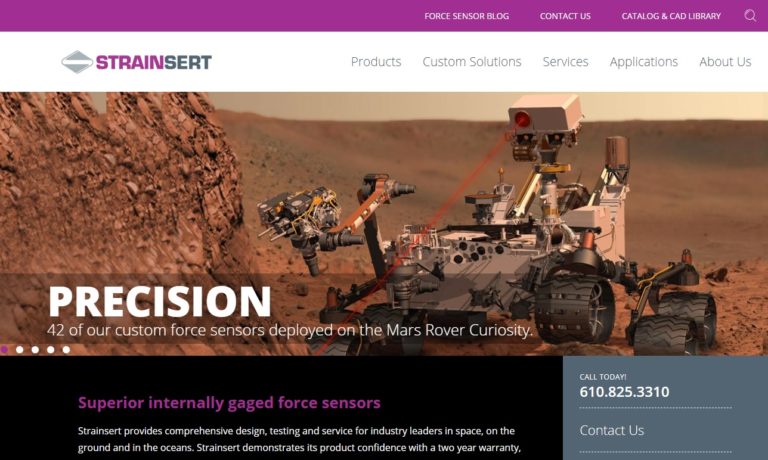
Founded in 1985, Load Cell Central has firmly established its reputation as a leader in load cell manufacturing, custom weighing system integration, and first-class load cell repairs. Load Cell Central offers a wide variety of popular load cell and component configurations for virtually every new or old weighing system, scale or component replacement possibility. Technical and after-sale support, ...

At TyTek Industries we manufacture load cells to suit all capabilities. Our expertise has provided insight and load cell solutions for a range of customers and industries. Our engineering team’s philosophy ensures we do everything humanly and technologically possible to match your requirements with quality, cost and delivery. We’re here to help you carry the load.
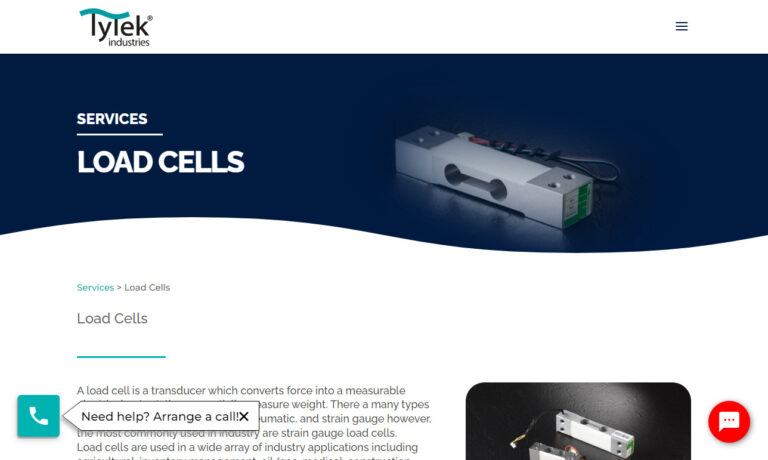
Anyload has been in business for over 20 years. Anyload is experienced in the design and production of high quality standard load cells, specialty load cells, weigh modules, indicators, scales for commercial and industrial applications, and wide varieties of weighing components.
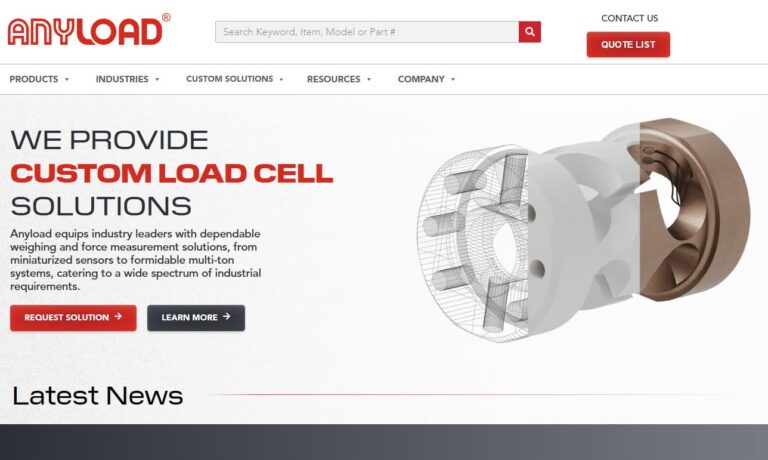
At Coti Global Sensors, we are dedicated to providing top-of-the-line load cell solutions and comprehensive services tailored to meet the diverse needs of our clientele. With years of experience and expertise in the industry, we have established ourselves as a trusted authority in load cell manufacturing, renowned for our commitment to quality, reliability, and customer satisfaction.
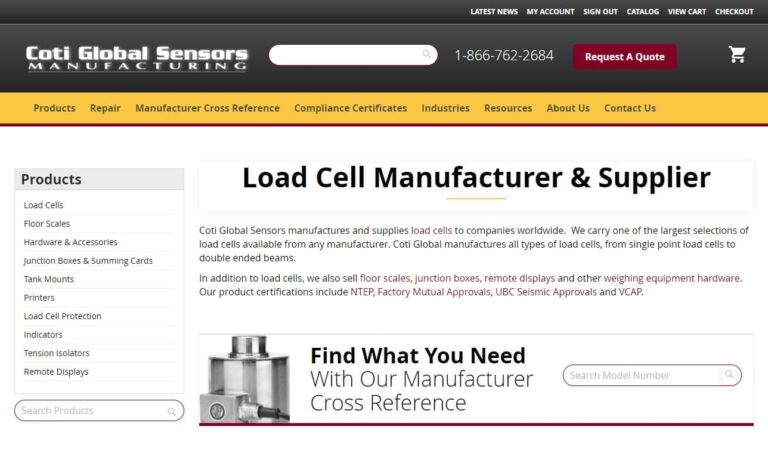
More Force Transducer Manufacturers
How Force Transducers Work
A sensor called a metal foil strain gauge changes electrical resistance in response to an applied force. In other words, it converts force into a measurable change in electrical resistance. Electrical conductors firmly affixed to a film in a zigzag pattern are called strain gauges. This film stretches and lengthens when it is tugged, as do the conductors. When pushed, it contracts and becomes smaller. The resistance in the electrical conductors also changes due to this change in shape. This measured resistance can be utilized in applications to calculate the applied strain in the load cell since the resistance of the strain gauge rises with the applied strain and falls with contraction.
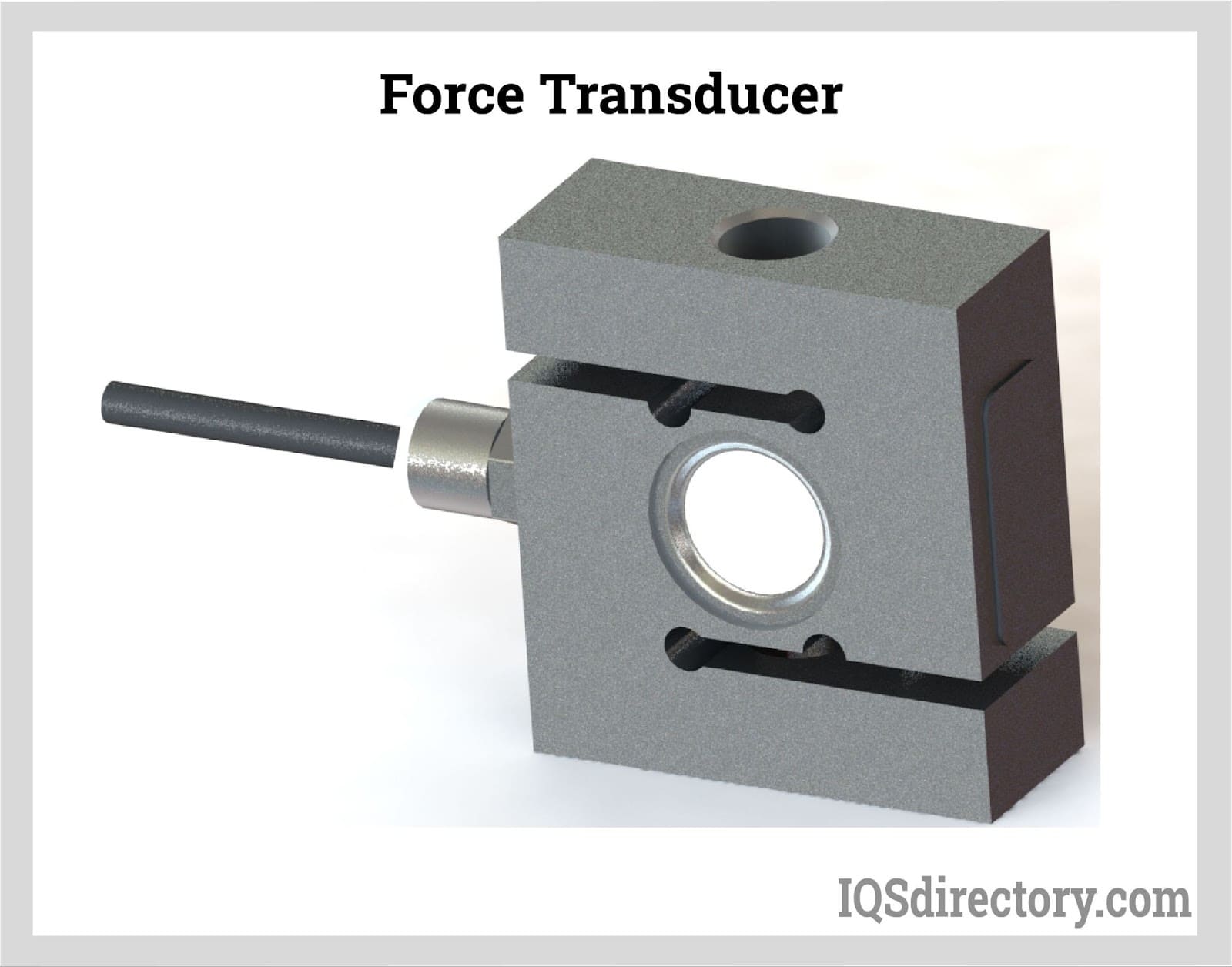
As a result, the voltage output from the load cell circuit can be used to calculate the physical force exerted on the flexure. The force is proportional to the change in voltage. Thus, the measuring grid of the measured force is aligned, and four strain gauges are connected as a loop circuit (load cell circuit). The load cell signal conditioners, also known as a strain gauge The strain gauge bridge produces a weak signal that may not be compatible with other system elements such as the PLC, data acquisition modules (DAQ), computers, or microprocessors. Therefore, a local signal readout, commonly referred to as a load cell indication, is necessary for some applications. Excitation voltage, noise filtering or attenuation, signal amplification, and output signal conversion are thus functions of sensor signal conditioners.
Types of Force Transducers
The different types of force transducers include:
Pressure Load Cell
The function of a load cell is to transform mechanical force into readable and writable digital values. Depending on the load cell you select, a load cell's internal operation varies. There are three types of load cells: hydraulic, pneumatic, and strain gauge. These three sensors are most frequently employed in strain gauge load sensors. When under load, the strain gauges inside strain gauge load cells cause voltage anomalies to rise.
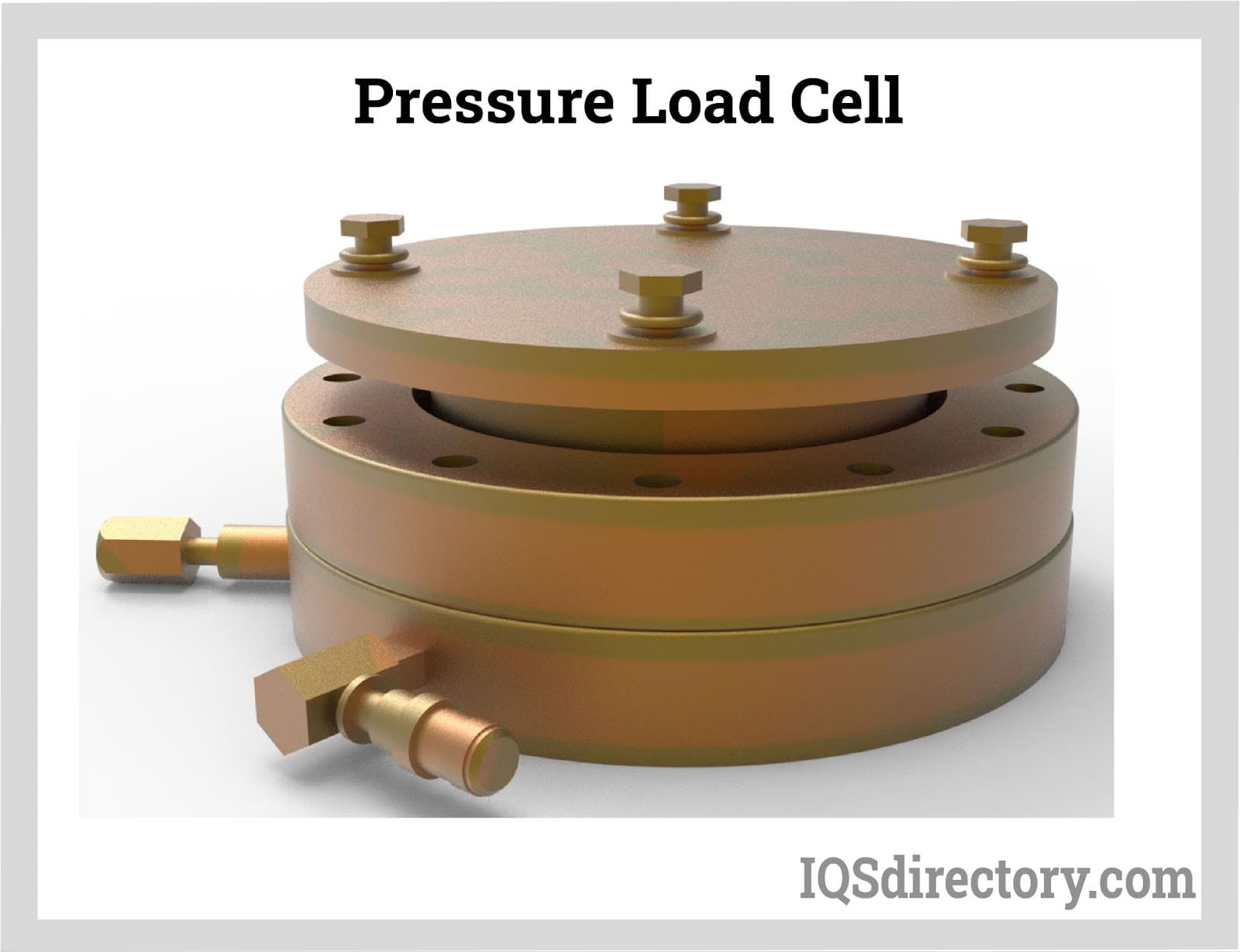
The amount of voltage change is represented by weight in digital readings. Almost all modern electronic scales that measure weight rely on load cells. They are primarily used because they measure weight accurately; therefore, they are utilized in many industries that require accuracy and precision.
Strain Gauge Load Cells
A strain gauge assembly is positioned inside the load cell enclosure to convert a load into an electric signal. The voltage variation that the strain gauge experiences as a result of deformation. The amount of deformation is then utilized to calculate the weight of the load cell. The gauges are bonded to a beam or other structural component that flexes under load. In addition, modern load cells are equipped with four strain gauges to improve measurement accuracy. The gauges are wired with compensatory adjustments, typically two in tension and two in compression. The resistances of each strain gauge will be the same when no load is applied to the load cell. However, the strain gauge's resistance changes under load, changing the output voltage. A digital meter is used to measure and translate the change in output voltage into readable values.
Piezoelectric Load Cells
Piezoresistive force sensors operate similarly to strain gauges and produce a high-level output signal, which makes them perfect for straightforward weighing systems since they can be linked directly to a readout meter. However, the availability of inexpensive linear amplifiers has reduced this benefit. The nonlinear output of piezoresistive devices is an additional flaw.
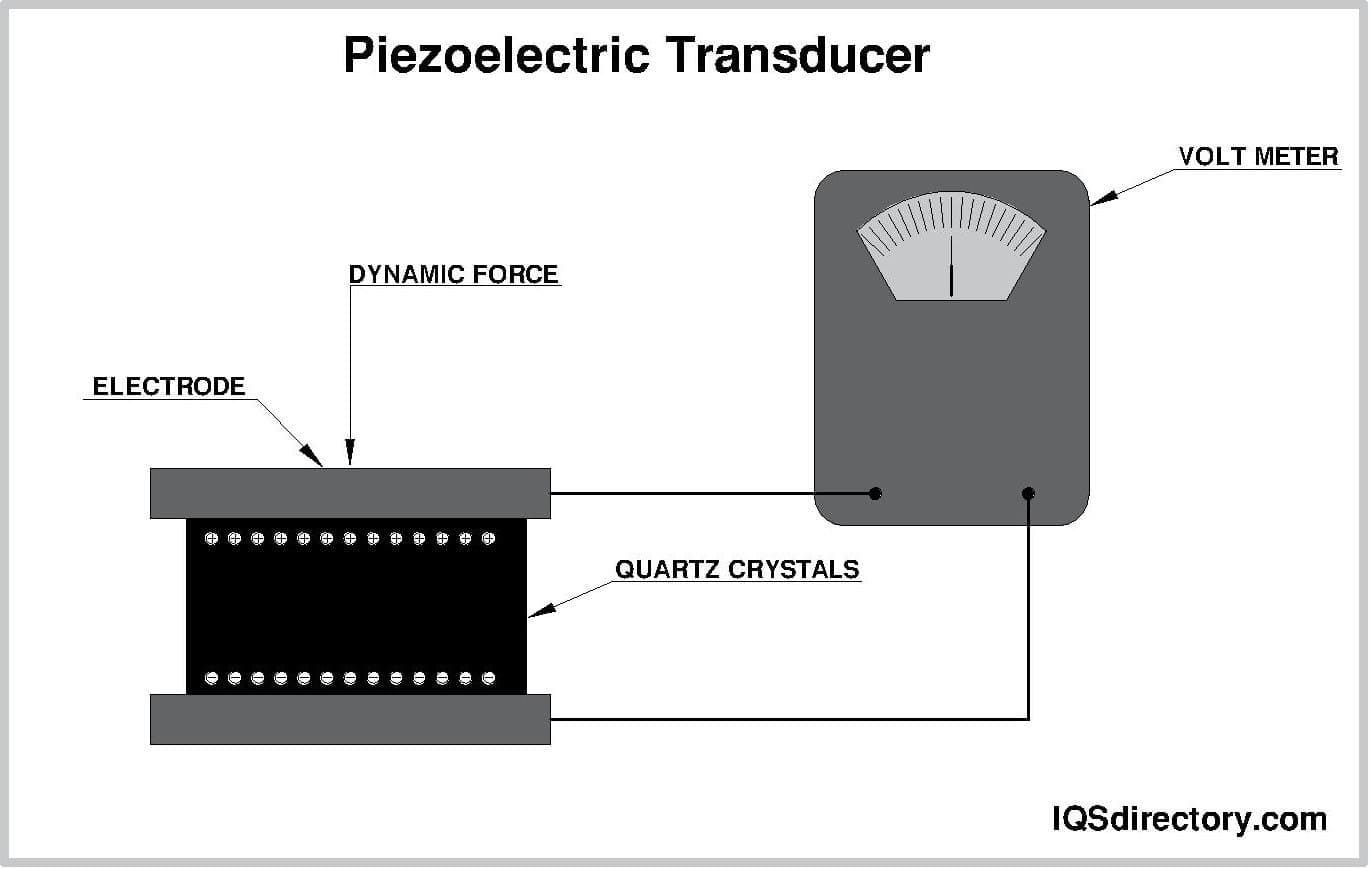
Magnetostrictive Load Cells
This force sensor changes ferromagnetic materials' permeability in response to stress. It is constructed by encircling a load-bearing column of stacked laminations with a set of main and secondary transformer windings. A signal proportional to the applied load is produced when a force is applied because the stresses lead to distortions in the flux pattern. This sensor is durable and is still used in rolling mills and strip mills to monitor force and weight.
Choosing the Proper Force Transducer Manufacturer
To ensure the most productive outcome when purchasing force transducers from a force transducer manufacturer, it is important to compare several companies using our directory of force transducer manufacturers. Each force transducer manufacturer has a business profile page highlighting their areas of experience and capabilities, along with a contact form to directly communicate with the manufacturer for more information or request a quote. Review each force transducer business website using our proprietary website previewer to quickly learn what each company specializes in. Then, use our simple RFQ form to contact multiple force transducer companies with the same form.



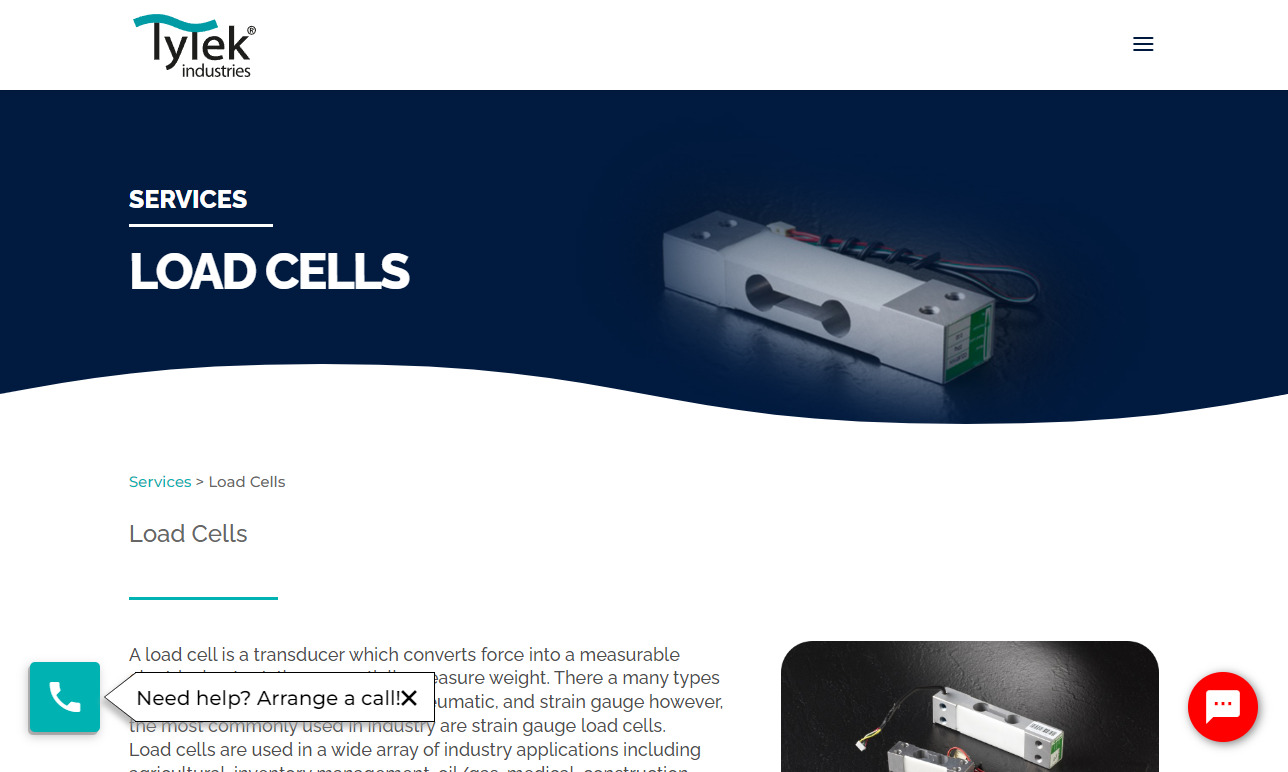
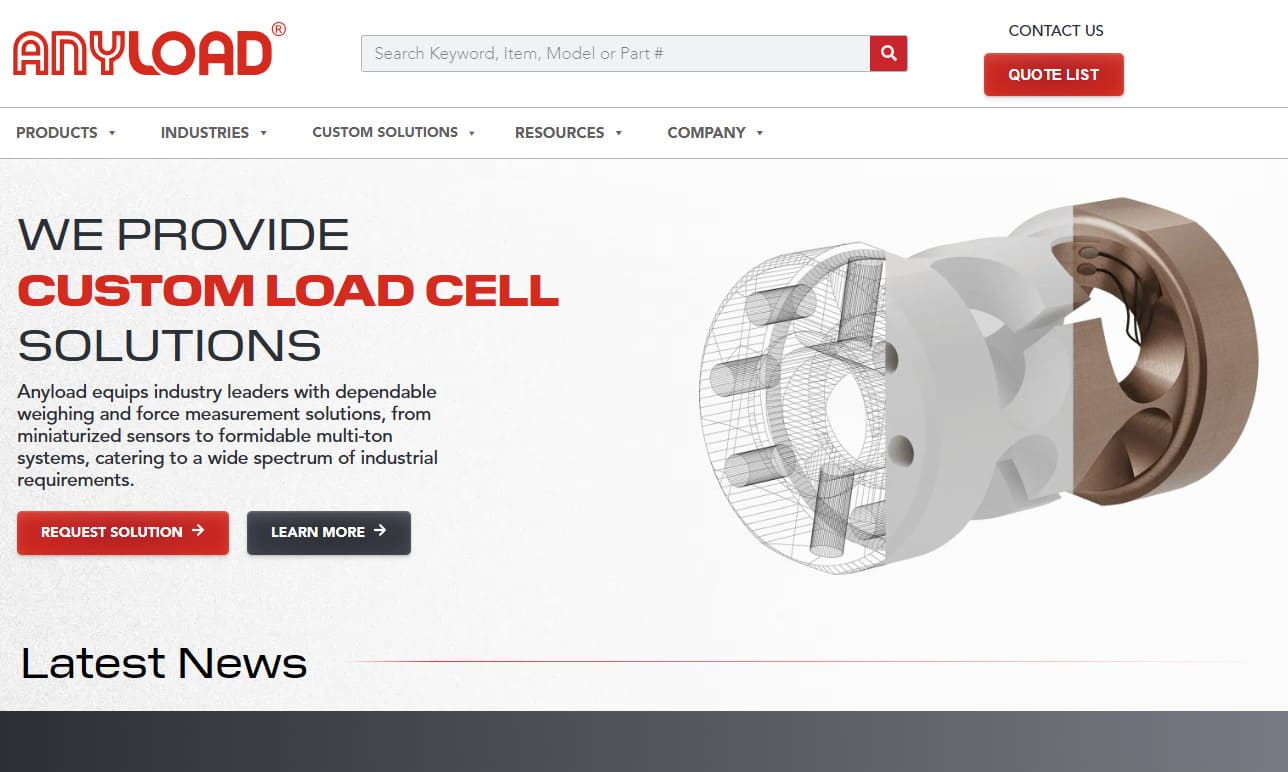
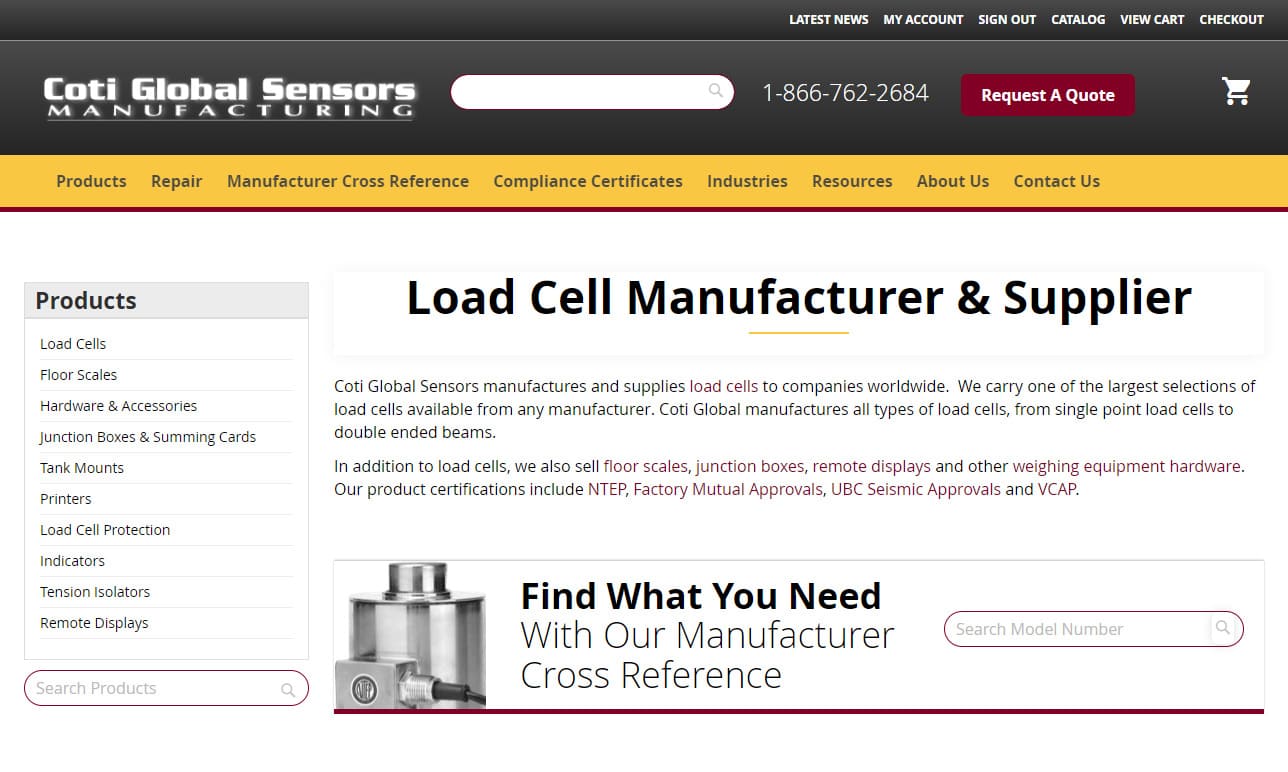
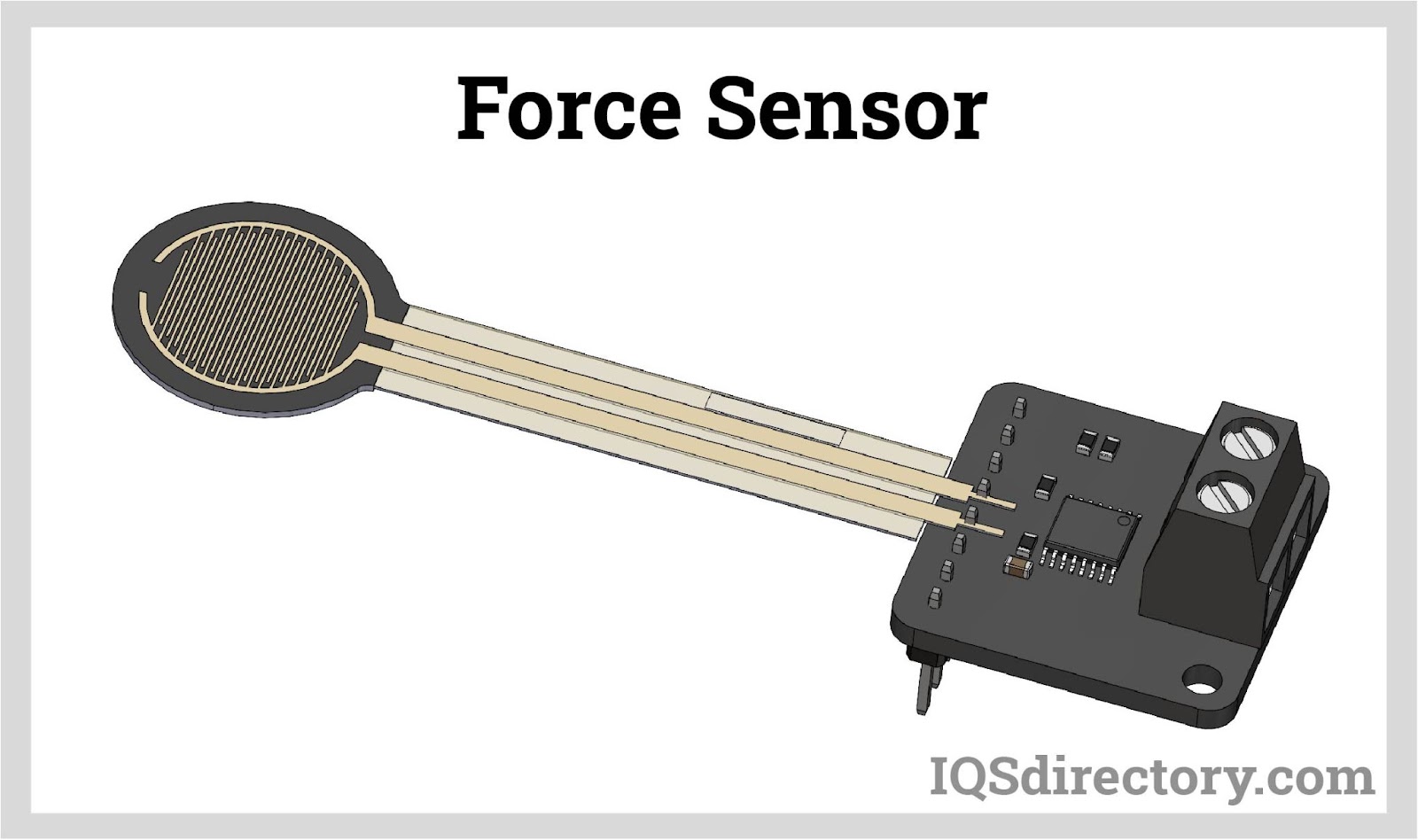
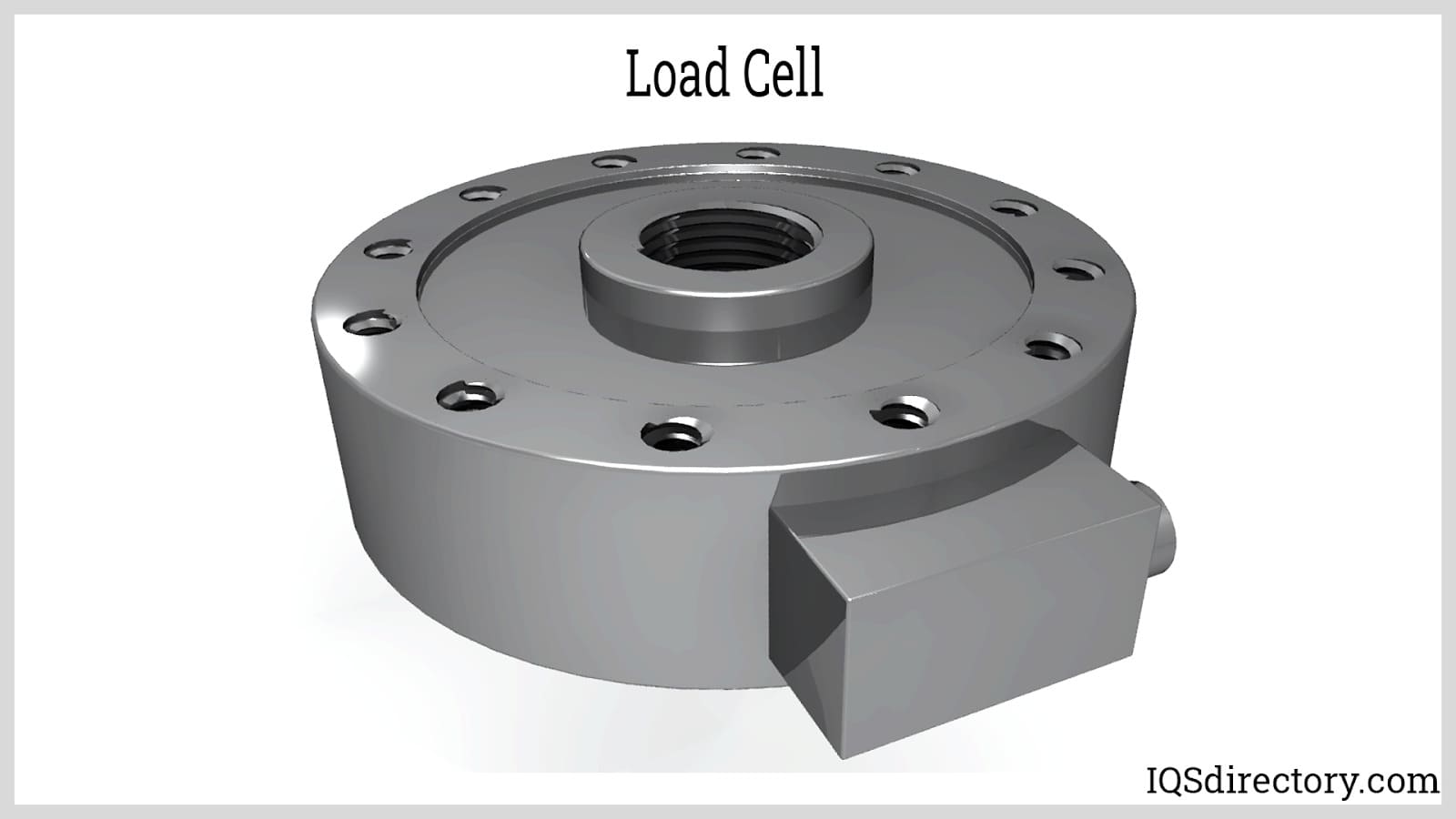
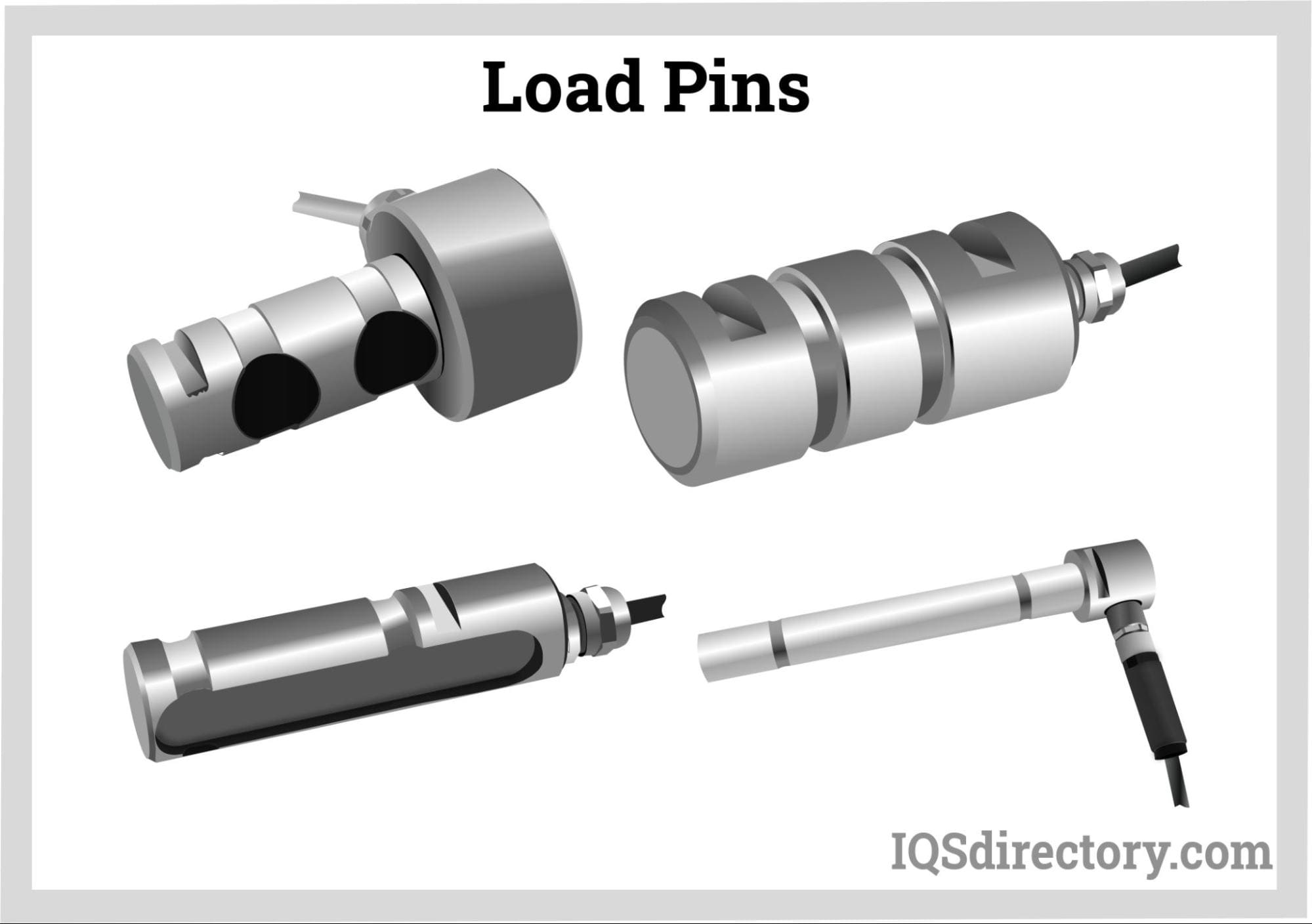
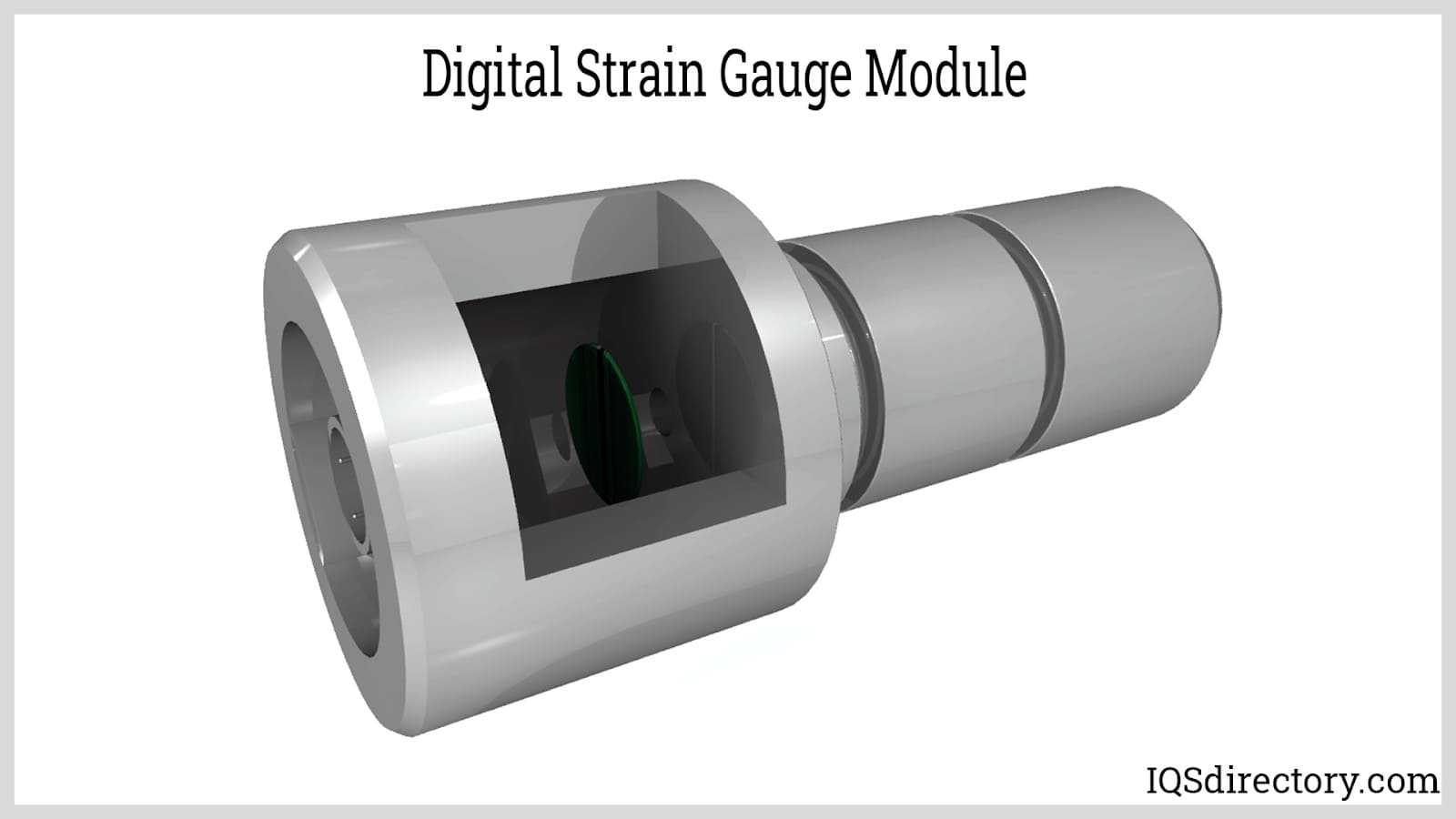
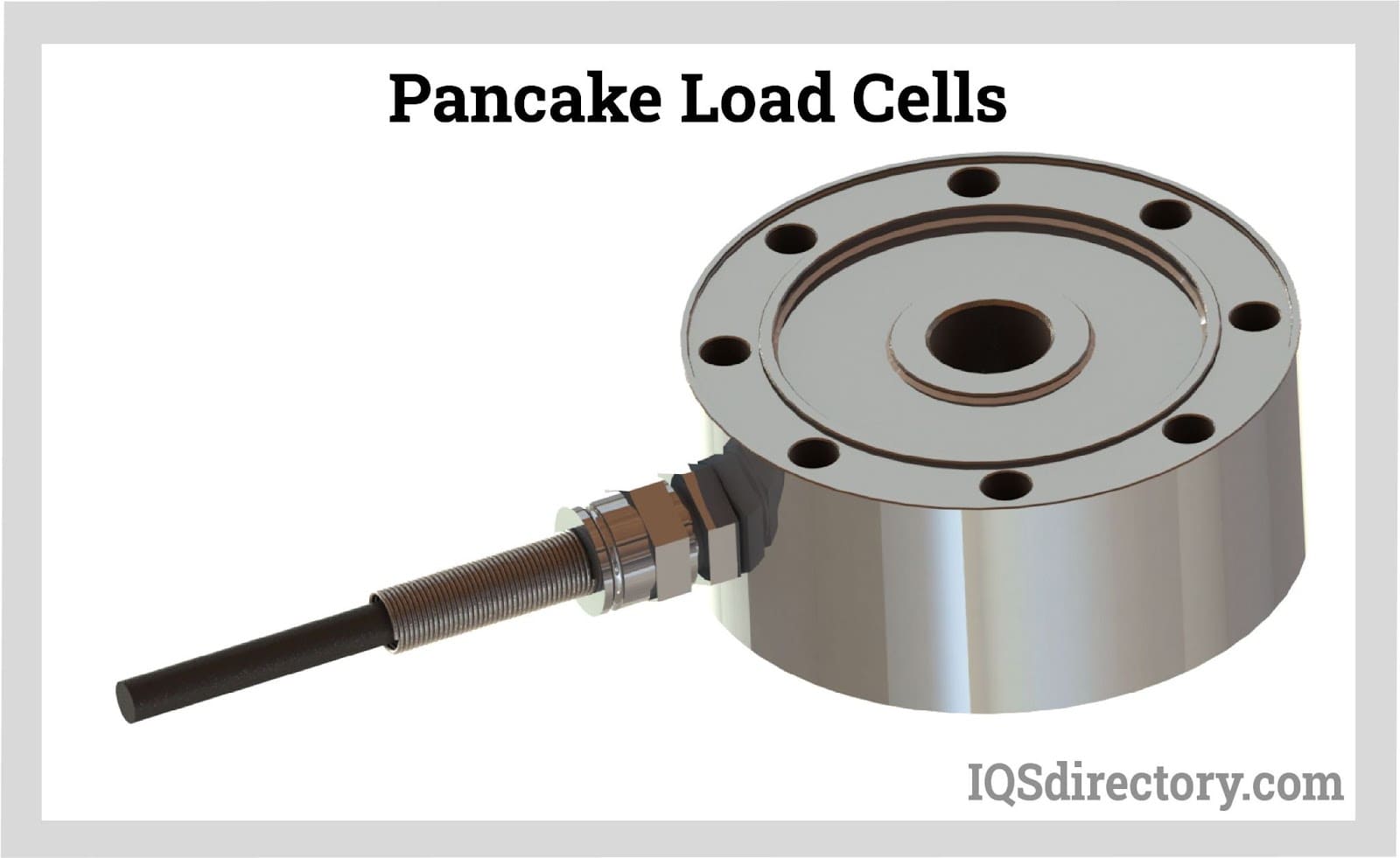
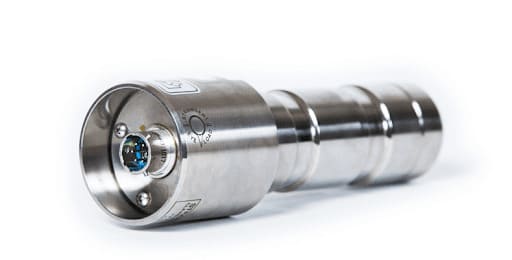
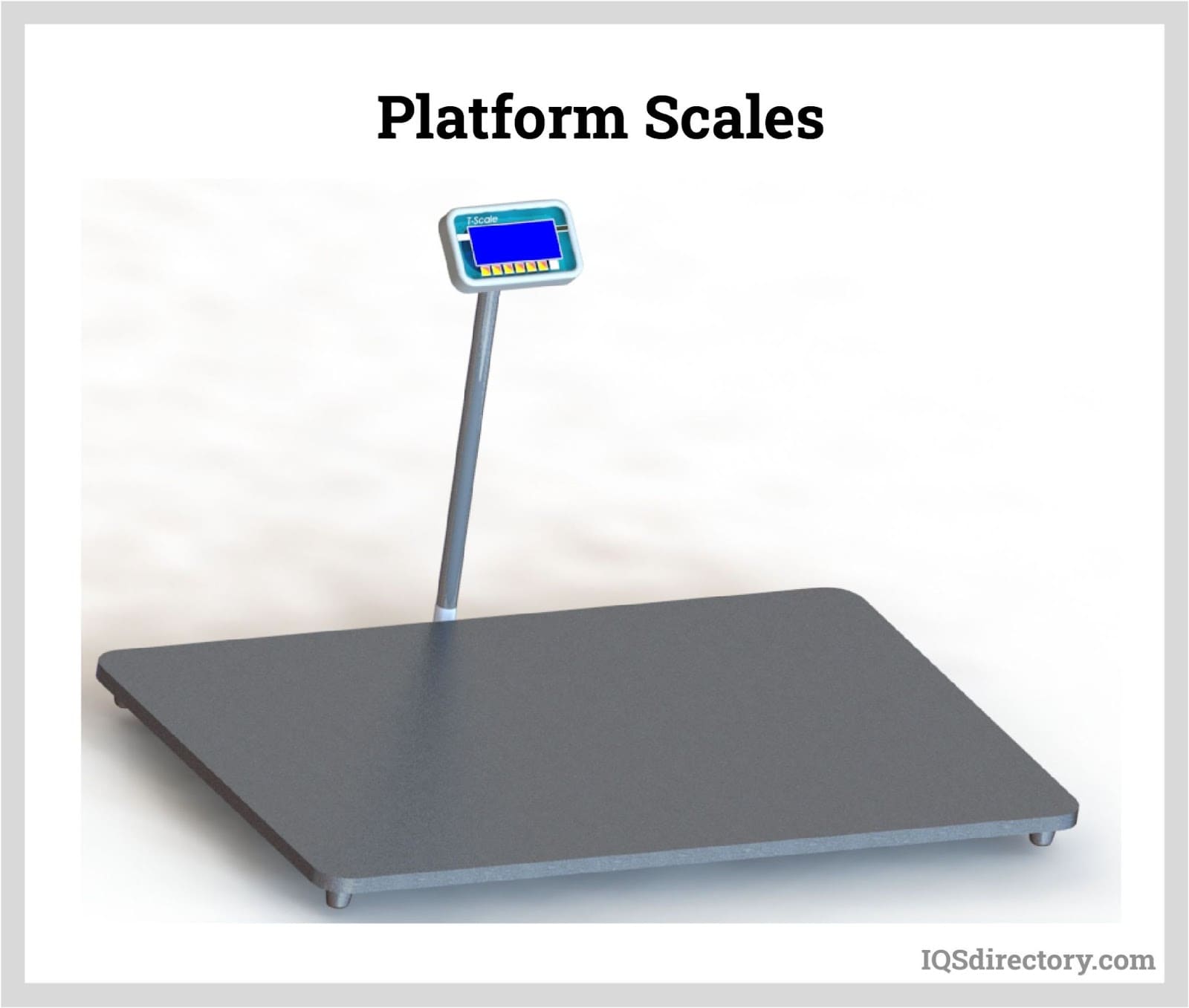
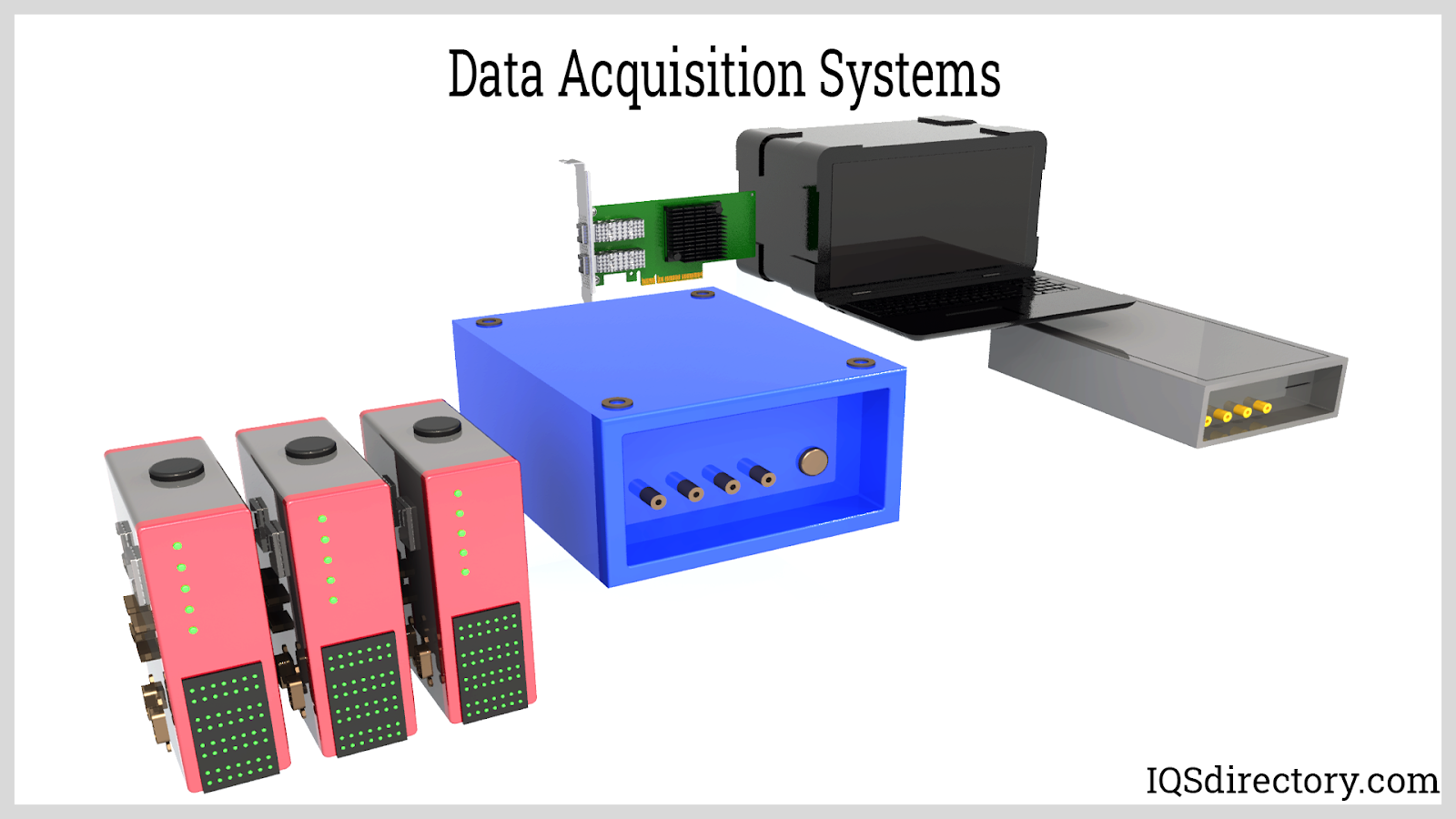
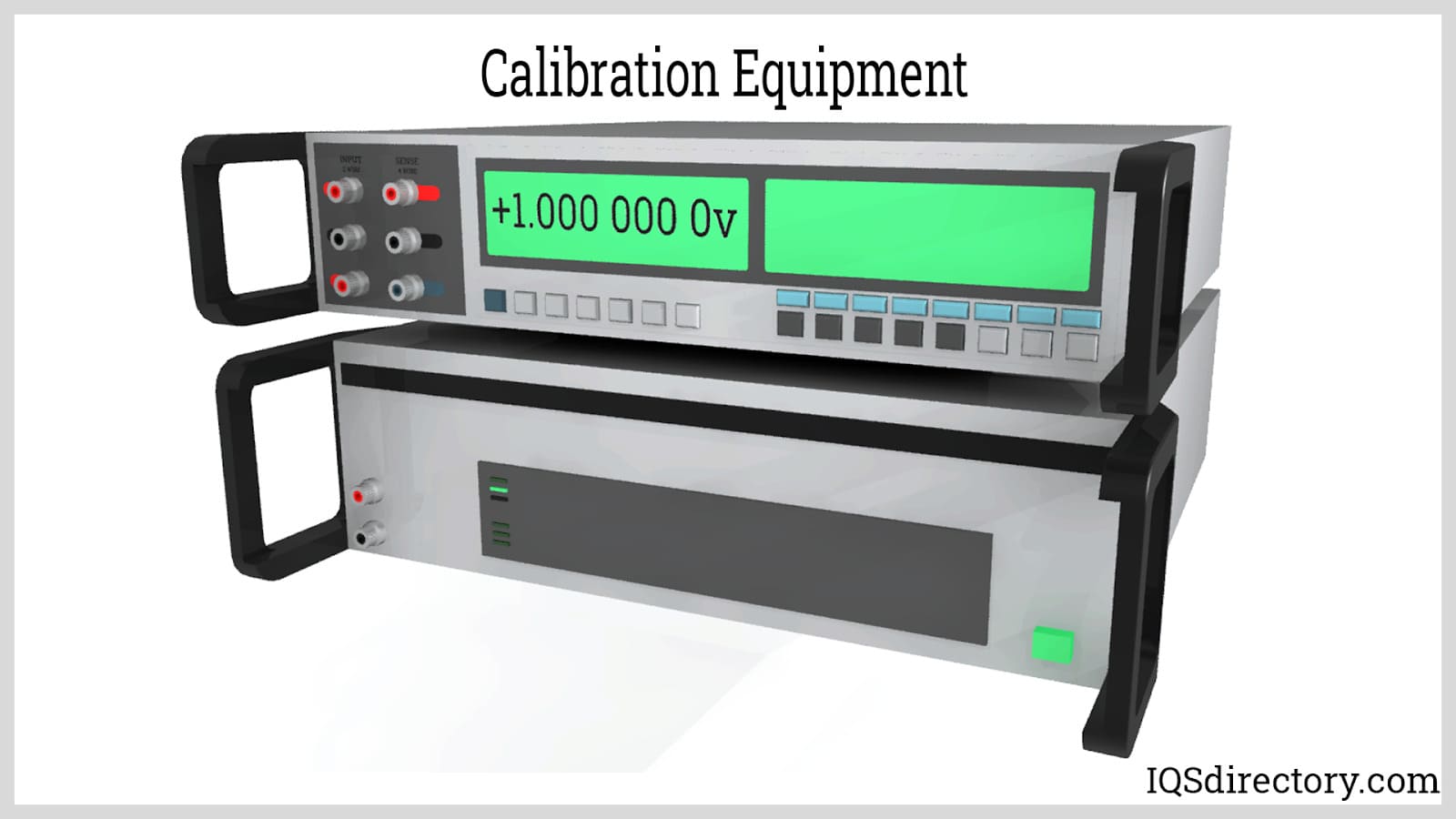
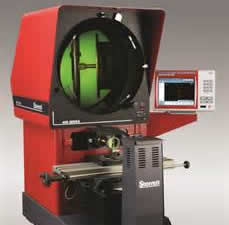 Calibration Services
Calibration Services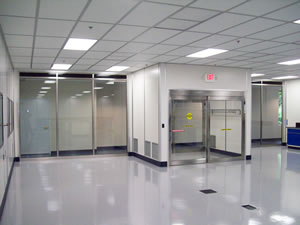 Clean Rooms
Clean Rooms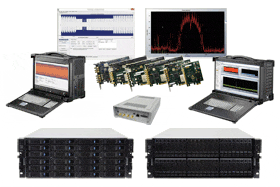 Data Acquisition Systems
Data Acquisition Systems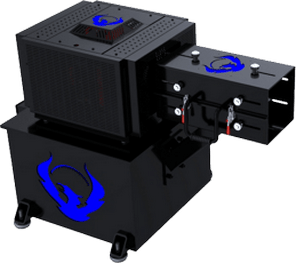 Dynamometers
Dynamometers Environmental Test Chamber
Environmental Test Chamber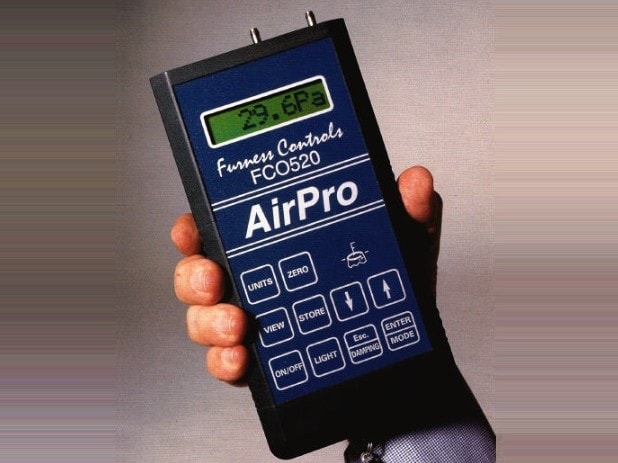 Leak Detectors
Leak Detectors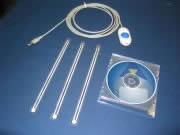 Load Cells
Load Cells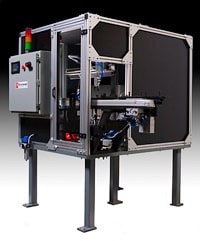 Machine Vision Systems
Machine Vision Systems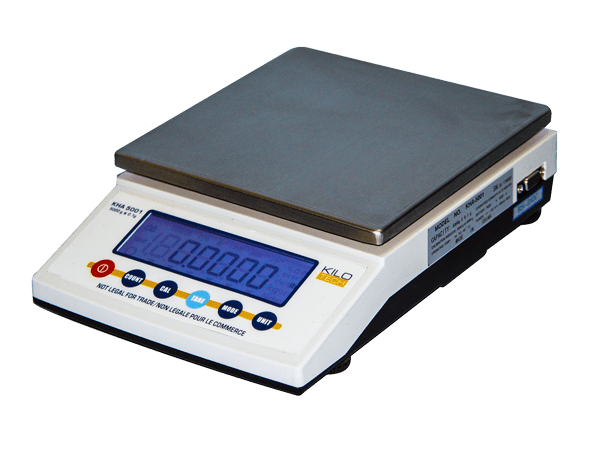 Scales
Scales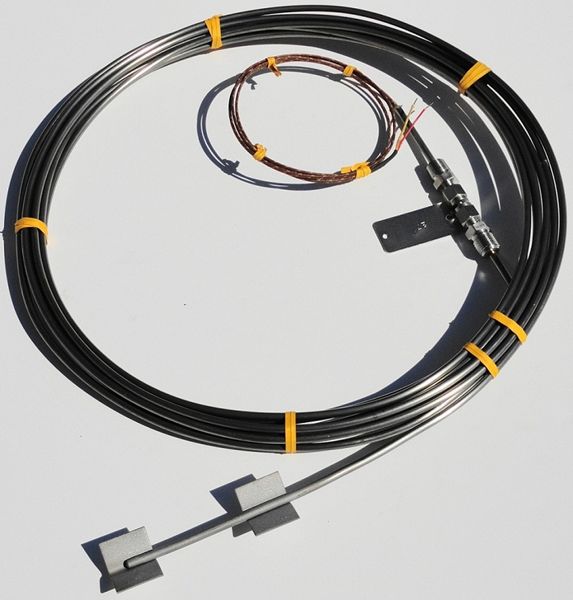 Thermocouples
Thermocouples Castings & Forgings
Castings & Forgings Bulk Material Handling
Bulk Material Handling Electrical & Electronic Components
Electrical & Electronic Components Flow Instrumentation
Flow Instrumentation Hardware
Hardware Material Handling Equipment
Material Handling Equipment Metal Cutting Services
Metal Cutting Services Metal Forming Services
Metal Forming Services Metal Suppliers
Metal Suppliers Motion Control Products
Motion Control Products Plant & Facility Equipment
Plant & Facility Equipment Plant & Facility Supplies
Plant & Facility Supplies Plastic Molding Processes
Plastic Molding Processes Pumps & Valves
Pumps & Valves Recycling Equipment
Recycling Equipment Rubber Products & Services
Rubber Products & Services